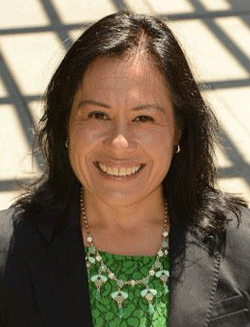
Marcy Darnovsky is a policy advocate. She claims that genome editing in humans may be too risky and can lead to future consequences. One of her major concerns with allowing researchers to conduct research is that “Opening the door to one kind of reproductive gene editing would be opening the door to all kinds”. By starting off research with what George Church suggested, which is to start off with incurable diseases like Tay Sachs, it will just lead to researchers bending the rules and will be difficult to regulate for safety and ethical reasons. She argues that the FDA has trouble regulating “off label” drugs, so how will they be able to control the regulation of genome editing?

Too Risky to Regulate
Marcy Darnovsky
Use Previous Models to Guide Policy
Rosario Isasi, a researcher from the Centre of Genomics and Policy at McGill
University, and her team believe that policy makers should take advice from previous policies made for controversial issues in an article. She suggested that they model it after something like pre-implantation genetic diagnosis after in vitro fertilization. Countries are allowing this type of research under several conditions, including risk of the procedure and the severity of the genetic disease. This could allow researchers to continue research to edit the human genome in order to find a cure for diseases like HIV.
